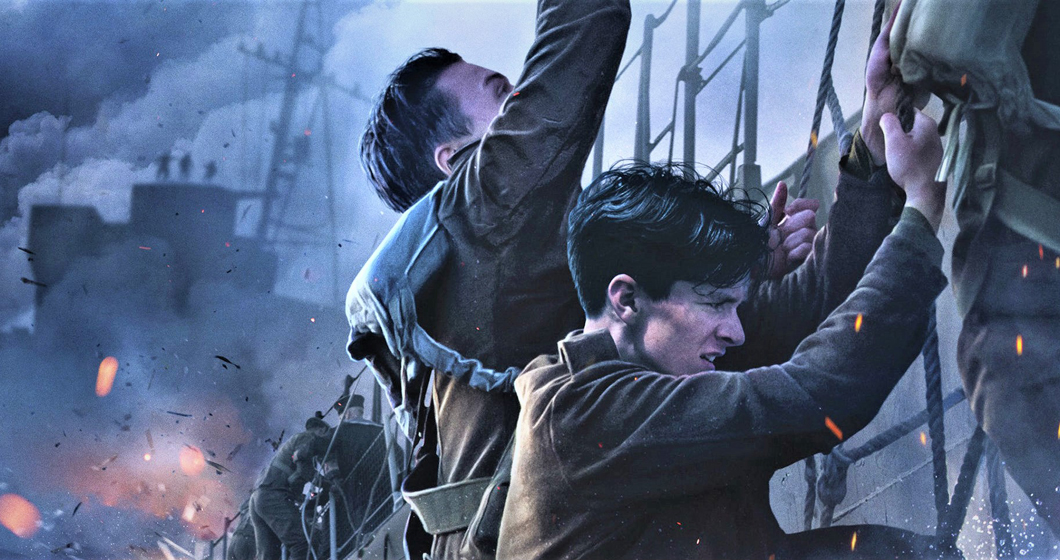Beyond the measure of a movie, Dunkirk is a visual history lesson told through the lens of a cinematic genius in Christopher Nolan, who is rapidly growing a legendary status akin to Steven Spielberg and Martin Scorsese, and rightly so. He is a modern day auteur, crafting visually spectacular epics whilst grounding the writing in reality and nuance. Whether it is for stories about feuding magicians, Batman, or in this case, 400,000 stranded soldiers on a beach in WWII, Nolan is the man for the job.
A stickler for detail and realism, like Interstellar before it, Nolan has insisted on making his movies feel like a gritty and high production value documentary. The results show for the vets who have seen this retelling of one of the worst disasters of the second World War and had physical reactions, some of whom even triggering PTSD.
Focusing on telling individual stories hinting at the much more grandiose scale around them subconsciously makes us invest personally with the characters, as we are shown three key narratives all set over different time periods (another Nolan trope, constantly messing with unconventional timeline narrative flows).
The first; set over one week, chronicling a warship’s evacuation from Dunkirk back over the Dover Channel to England and the many trials that must be faced to achieve that.
The second; set over one hour, following Tom Hardy as a pilot protecting the skies from regimented bombing attacks from the enemy, as the fuel on his plane depletes rapidly.
The third; set over one day, as we see the impact of citizens in the war, who sailed their own personal vessels over to rescue soldiers and bring them home, risking their own lives to do so.
All superb portrayals of heroism at its finest.
Accompanying these stories is almost a live musical scoring by the master Hans Zimmer, where a more tacit script has resulted in the visuals and soundtrack speaking for themselves. Rather than hearing a lot of expositional dialogue we have the crashing of machine gun bullets, the impactful thumps of bomb drops and the fear frissons down our spine as we hear the incoming war planes drone into view before another inevitable attack on the beach as the music sets the uneasy and tense tone, and never relents.
We feel a part of the experience, which is what makes Dunkirk such a masterpiece. What is told in a tight, sub two-hour movie is enough for us, the audience; to want to ‘nope’ the hell out of there through the raw veracity and intensity of the entire film, which illustrates the hellish nature of war, and best of all, leaves us with something meaningful as we leave the cinema, rather than a lot of recent movies, which feel like all they do is take… whether it’s time or money, or both.
Dunkirk is mandatory viewing and homework for any movie lover.
10/10 – one of only two films I’ve given full marks in three years of OutInCanberra film reviews.






